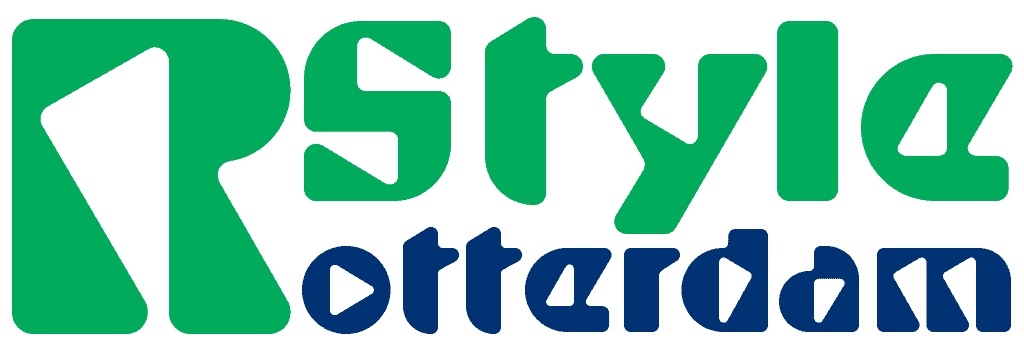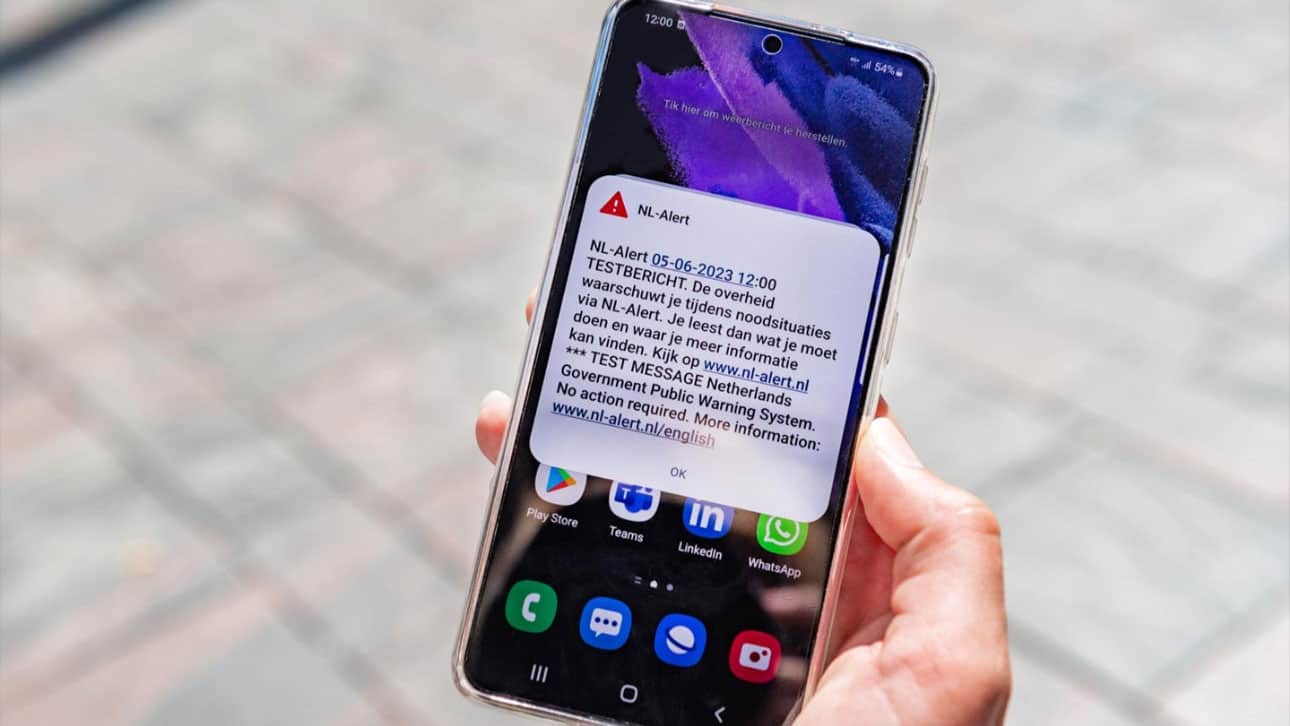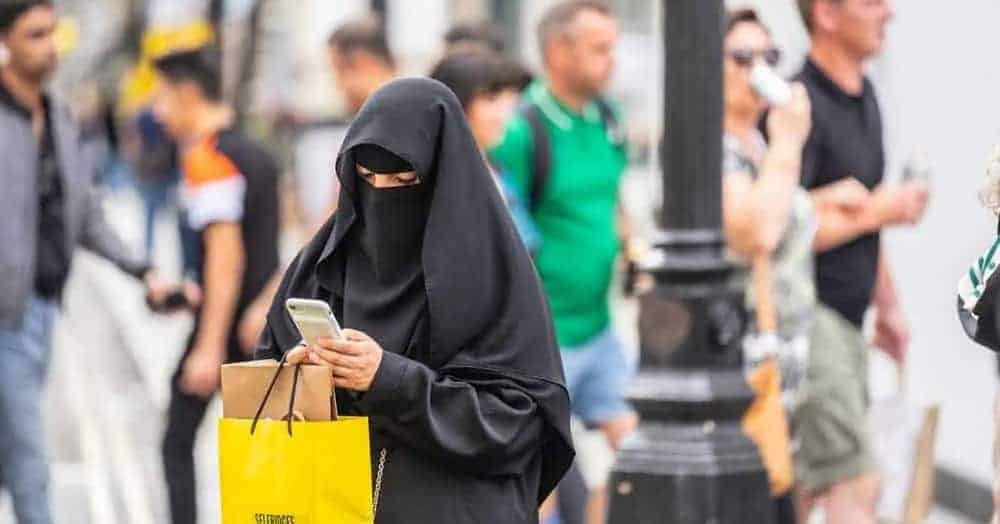Discover NL-Alert, the Netherlands' robust public warning system. Learn how it works, its effectiveness, and how it aids in emergency preparedness.
How NL-Alert works
The NL-Alert comes into play during emergencies. It is the government's method of alerting and informing the public in the event of a crisis. If you receive an NL-Alert, it is crucial to read the message immediately and follow the instructions. It is also equally vital to inform others, as it's possible that some may miss the alert due to their phone being switched off or temporarily connected to a transmission tower that does not broadcast the NL-Alert.
The NL-Alert is received on your mobile phone. The alert explains the nature of the situation, the necessary actions to take, and where to find more information. When you receive an NL-Alert, you will hear a penetrating alarm sound, distinct from a regular message. To receive NL-Alerts, your mobile device must be switched on, but no further setup is required. The service is free and anonymous, ensuring your phone number remains private. You will receive an NL-Alert even if the mobile network is overloaded. Furthermore, NL-Alerts are increasingly visible on digital advertising screens and public transportation information screens.
NL-Alert test messages
The government sends out NL-Alert test messages on the first Monday of June and December each year. These messages are clearly marked as tests, requiring no action from the recipients. This procedure allows the public to experience firsthand what it is like to receive an NL-Alert. Remarkably, nine out of ten Dutch citizens aged 12 and above now receive the NL-Alert test message.
The test message generally reads something like this (in Dutch):
“NL-Alert 05-06-2023 12.00: TEST MESSAGE. The government warns you during emergencies via NL-Alert. You read what you must do and where you can find more information. Look at nl-alert.nl *** TEST MESSAGE Netherlands Government Public Warning System. No action required. More information: nl-alert.nl/english.”
Be aware that the NL-Alert can sound quite loud, especially for those using earphones or headphones. Therefore, it is advisable to remove these devices just before the test time.
How effective is NL-Alert?
Research indicates that approximately half (49%) of Dutch citizens aged 12 and above follow the advice provided in the NL-Alert. Seven in ten say they would inform others if they receive an NL-Alert during an emergency, most commonly their family (42%), friends (19%), and neighbours (14%).
The NL-Alert system exemplifies the Dutch government's commitment to maintaining public safety. As this system continues to develop and adapt to changing technology, it promises to provide an essential service for Dutch citizens in times of crisis. In the Netherlands, we are well-prepared for emergencies. The NL-Alert test message aids in this preparation.
However, it is always beneficial to anticipate unexpected threats. Major power outages, flooding, or extreme heat can have significant impacts on individuals and their communities. Therefore, it is wise to discuss with those around you what you can do collectively to ensure everyone's safety and to assemble an emergency kit. For more information, visit denkvooruit.nl.




